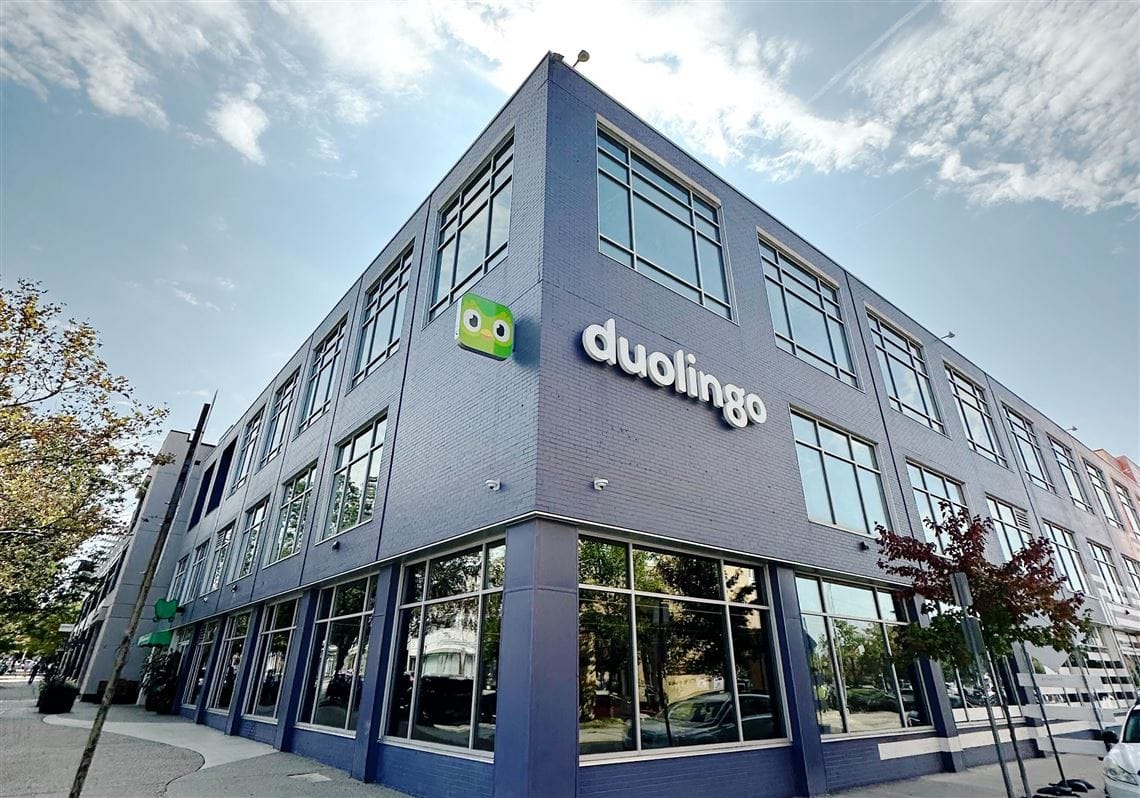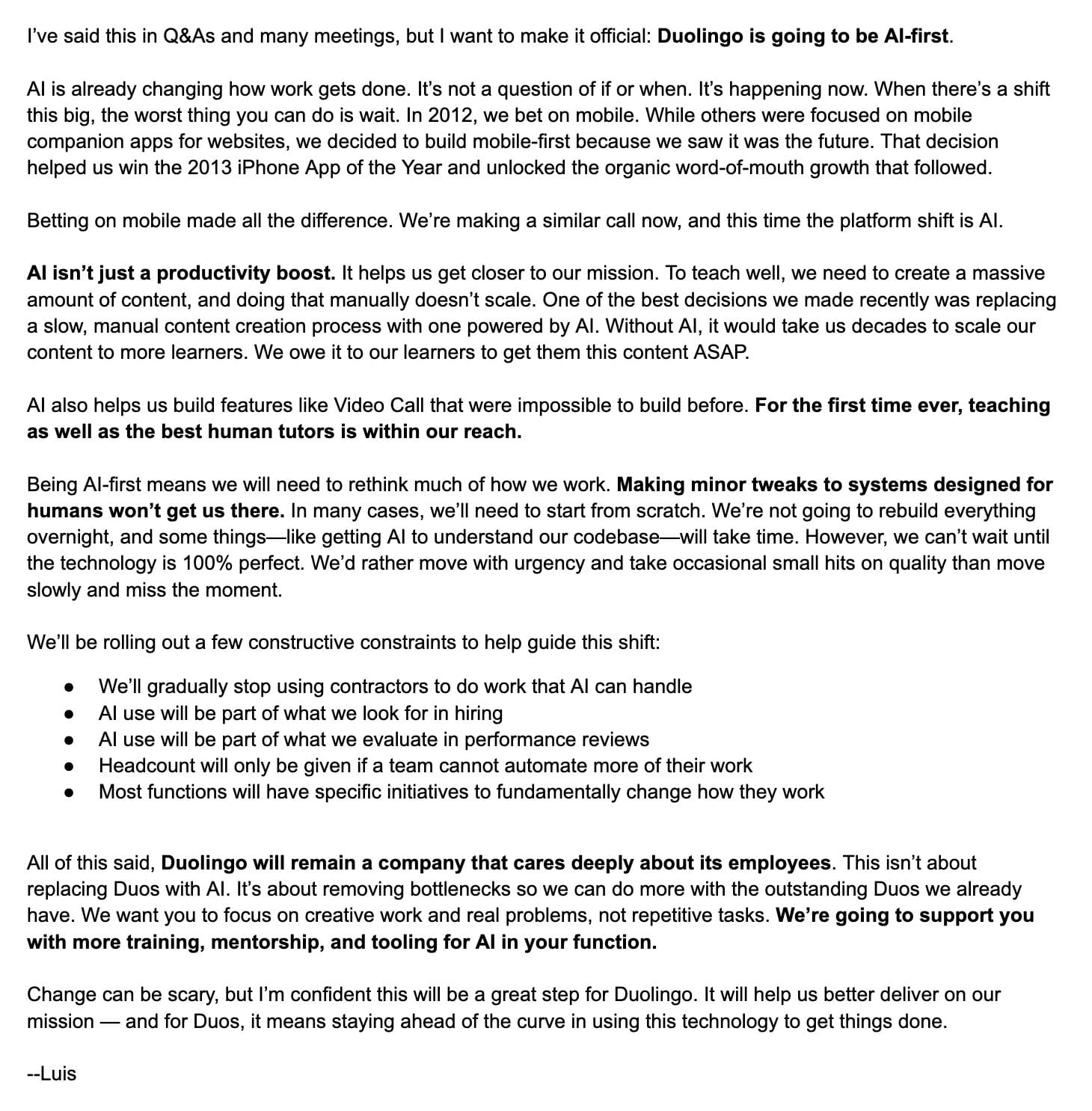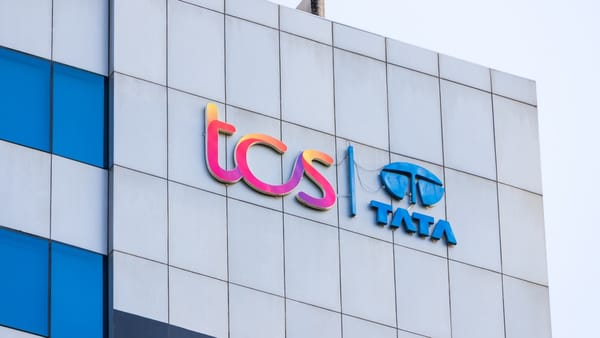Duolingo Shifts to AI Over Human Contractors
In an internal email, von Ahn told staff that the company would “gradually stop using contractors to do work that AI can handle

Duolingo announced the launch of 148 new language courses on Wednesday—its largest content expansion to date—all created using generative AI. The rollout effectively doubles the app’s current course offerings and showcases what the company calls a major leap in speed and scale.
This launch makes Duolingo’s seven most popular non-English courses—Spanish, French, German, Italian, Japanese, Korean, and Mandarin—available in all 28 supported user interface (UI) languages, significantly expanding access to language learning for over a billion potential users around the world.
“Developing our first 100 courses took about 12 years. Now, in just one year, we’ve created nearly 150. This demonstrates the power of generative AI to directly benefit learners and reflects the value of our investment in AI and automation," Duolingo co-founder and CEO Luis von Ahn, said.
However, the milestone comes as Duolingo faces growing criticism. Earlier this week, the company revealed plans to shift toward an “AI-first” strategy, which includes phasing out human contractors whose roles can be replaced by AI.
In an internal email, von Ahn told staff that the company would “gradually stop using contractors to do work that AI can handle,” and added that future hiring would only occur if automation couldn’t meet the need.

“AI isn’t just a productivity boost,” he wrote. “It’s essential to achieving our mission of scalable, high-quality education.”




